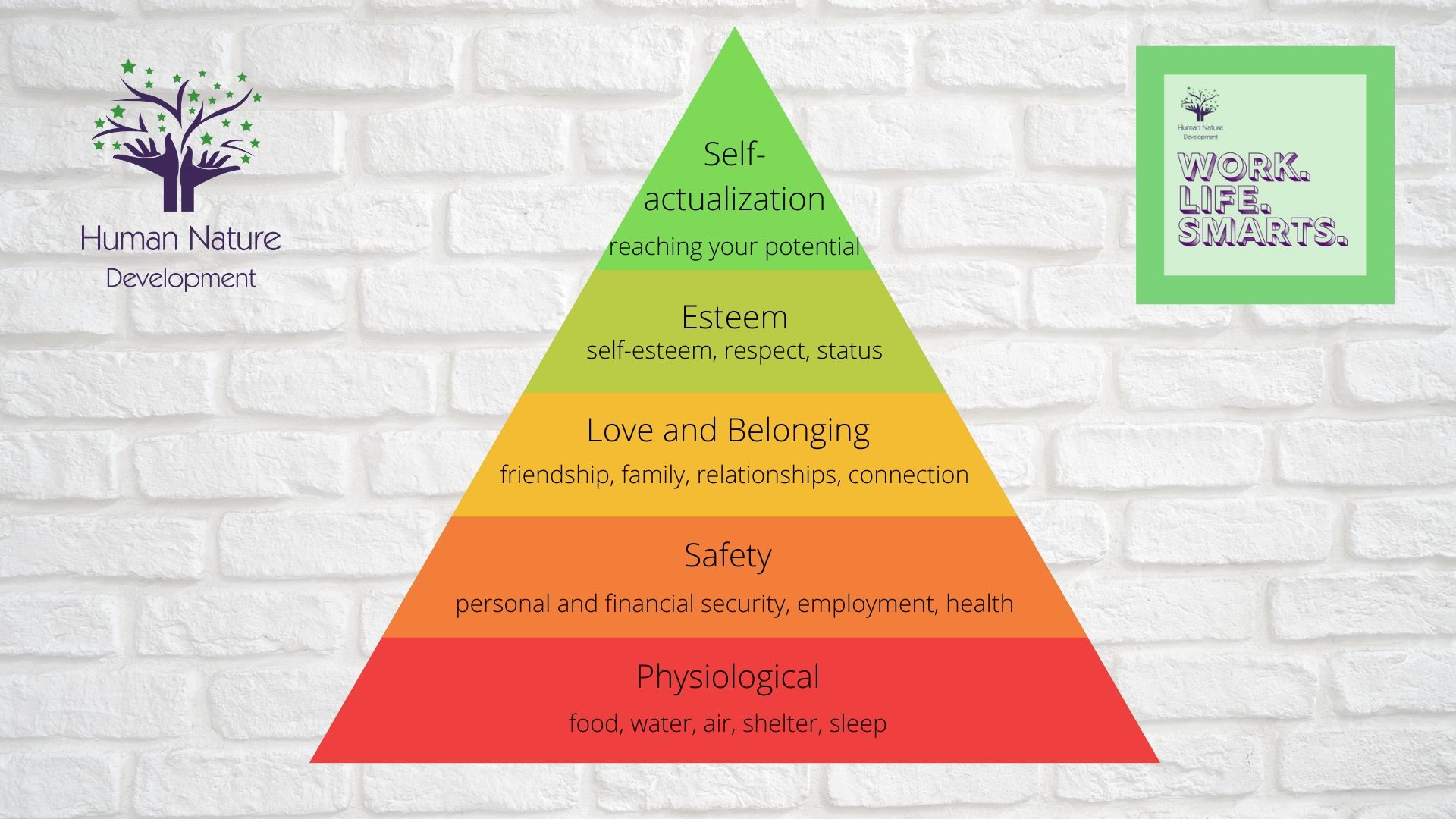Self-care during COVID-19
Self-Care in a Time of Crisis
This post was inspired by my sister, who today was telling me of a 21 day program she was signed up for through her work (she’s a teacher) designed to help people feel good as they navigate this COVID-19 crisis. Each day, she receives a suggested exercise by text, which is supposed to go some way to enriching one’s life – it’s bitesize and simple. But she was puzzled by some of the exercises, which didn’t quite seem appropriate for a time of crisis when so many are worried about money – today’s suggestion was to list all your debts and monthly financial obligations, but with no instruction other than to list them. She was concerned this might not exactly have a calming effect on those who have lost income.
As a coach, my first instinct was that this 21 day program wasn’t designed for times like these. Yes, under NORMAL circumstances, if you tend to put your head in the sand about money, and need to regain a sense of control, listing all your monthly outgoings makes sense. Put all the problems out on the table, then you can start to figure out a plan to deal with them. But these are not NORMAL circumstances. If the idea of ‘enriching your life’ right now, while you’re trying your best to work from home/keep your business afloat/homeschool your kids/find the groceries you need/try not to get the virus, seems a bit out of reach, it’s hardly surprising.
At times like these, it’s important to remember that you are human. And as such, you have a set of basic requirements, which psychologist Maslow identified in his well-known Hierarchy of Needs. The hierarchy is usually shown as a pyramid – the more basic needs sit at the bottom of the pyramid. Maslow theorized that the higher needs in the hierarchy will emerge when the lower needs have been satisfied.

Self-actualization, the part that we are often working towards when we think of enriching our lives, achieving our goals, reaching our potential, and going after our dreams, is extremely difficult if we are not able to take care of the lower parts of the pyramid.
Life, for many of us during this crisis, may feel like an encampment in the bottom half of this pyramid right now – as we worry about whether the store will have the groceries we need, lose sleep with the uncertainty, and stress about losing income. And that’s on top of the fundamental worry about health and hygiene.
So what do we do? If normal coaching exercises don’t apply, what sort of exercises are helpful to do during this time?
My advice is to keep it EXTRA SIMPLE. There is much outside of your control, but there is still much within it.
Here are a few feel-good things to try right away.
- Address Your Sleep hygiene
Good sleep hygiene is a good practice at any time to help you get the best from your night’s rest, but at times of extra stress or worry, it becomes especially important. Here are a few sleep hygiene ideas you can try out.
- Keep your bedroom at a good temperature for sleeping. This usually means a little cooler than a room you live in.
- Go to bed at a regular time each night. Avoid the instant gratification of ‘just one more episode’ or getting sucked into endless scrolling on social media instead of going to bed.
- Have a wind-down routine if you can. It doesn’t have to be a long one, but even putting your devices away half an hour before bed can help you wind down.
- Avoid social media and news just before bed. Late at night is not the best time to fill your head with worrying news and opinion on the crisis. The news will still be there in the morning.
- Try a guided meditation for sleep. There are hundreds available on the free Insight Timer app. My personal favourites are Jennifer Piercy’s Yoga Nidra sessions.
Gratitude has been shown to have neurological benefits. It’s not false positivity or ‘finding a silver lining’, rather it’s intentionally acknowledging your appreciation for some aspect of your life. You can find more information at Positive Psychology here.
